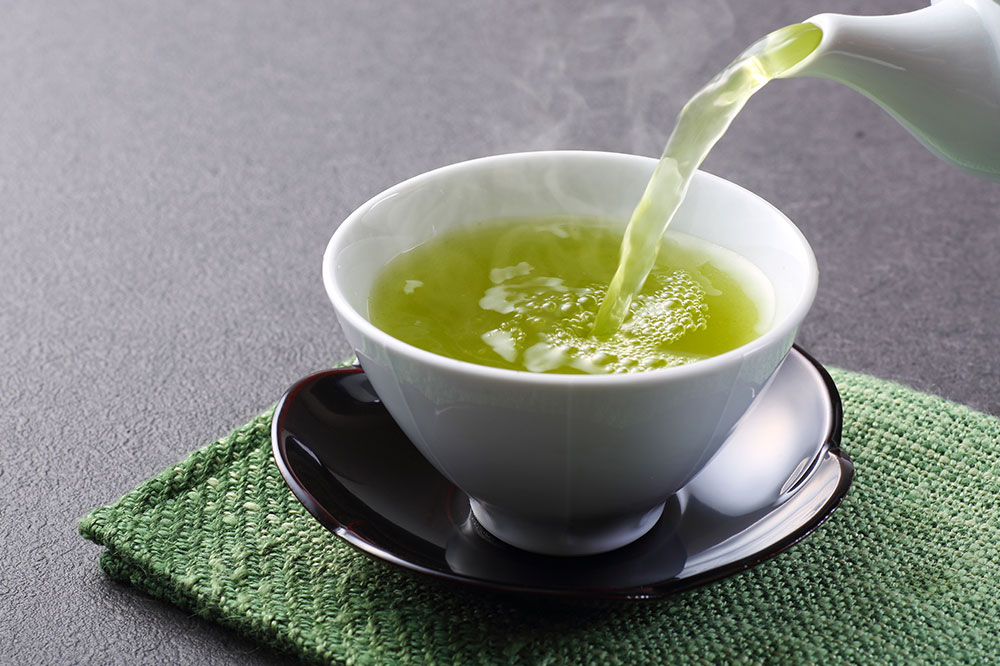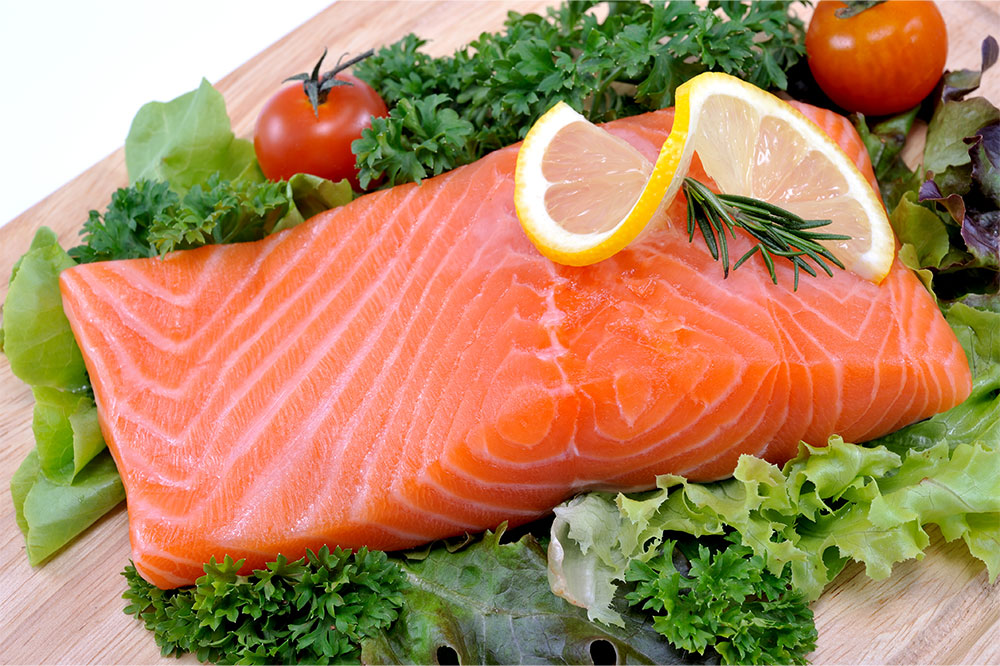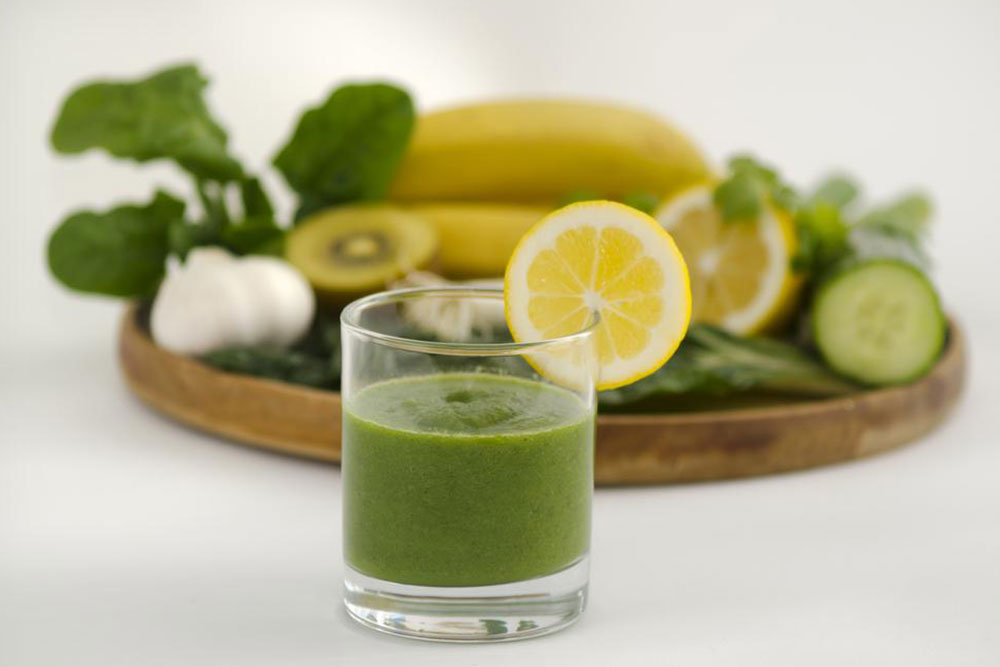Effective Nutritional Strategies for Alleviating Arthritis Discomfort
Discover top dietary strategies to ease arthritis symptoms with foods rich in anti-inflammatory compounds. Incorporate fatty fish, garlic, ginger, broccoli, walnuts, and berries into your diet to help reduce joint pain and inflammation. These nutrient-packed options can support your joint health and improve quality of life. Always consult healthcare providers for personalized advice.

Effective Nutritional Strategies for Alleviating Arthritis Discomfort
Arthritis encompasses a variety of conditions that cause joint stiffness, swelling, and pain, affecting individuals across all ages, genders, and ethnicities. Common types include rheumatoid arthritis, an autoimmune disorder attacking joint tissues, and osteoarthritis, resulting from repeated joint stress. Fortunately, certain foods can play a vital role in managing symptoms by reducing inflammation and joint pain. Here are some top dietary choices that may help those dealing with arthritis achieve better symptom control.
Oily fish: Varieties like salmon, sardines, mackerel, and trout are rich in omega-3 fatty acids, which have strong anti-inflammatory properties. Research indicates that regular consumption can decrease inflammatory markers, reduce morning joint stiffness, and lessen pain. These fish are also a good source of vitamin D, which may help prevent rheumatoid arthritis symptoms. The American Heart Association recommends eating about two servings weekly to combat inflammation effectively.
Garlic: Known for its health benefits, garlic contains compounds with anti-inflammatory and immune-boosting effects. Its regular intake might help ease arthritis symptoms and lower the risk of heart disease and other chronic conditions.
Ginger: Adding ginger to your diet, whether fresh or powdered, can help alleviate joint pain. Studies show that ginger can improve knee pain and inflammation by inhibiting substances that promote inflammatory responses in the body.
Cruciferous vegetables: Broccoli, along with other vegetables like cauliflower and Brussels sprouts, contains sulforaphane which can decrease inflammation. Scientific evidence supports their role in reducing inflammatory markers linked to arthritis.
Nutritious nuts: Walnuts are loaded with omega-3 fatty acids and antioxidants, which may help lower joint inflammation. Consuming walnuts regularly has been associated with reduced rheumatoid arthritis symptoms.
Fresh berries: Rich in vitamins, minerals, and antioxidants like quercetin and rutin, berries help combat inflammation. Studies suggest that eating at least two servings weekly can lower blood inflammatory markers by about 14%.
Note:
This article provides general health information and is not a substitute for professional medical advice. Always consult healthcare professionals before making significant dietary changes or treatment decisions related to arthritis or other health conditions.










